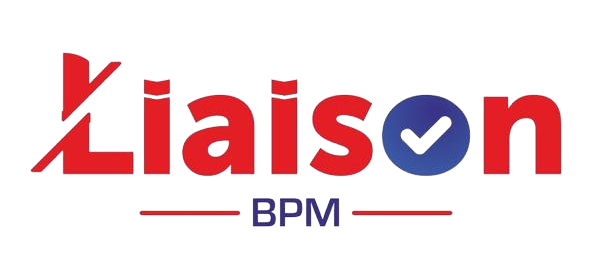Energy providers are facing unprecedented pressures from a rapidly changing marketplace. Grid modernization, government regulation, technological advances, cyber-security threats, rising expectations from consumers and shareholders, and the falling cost of renewable energy sources are just some of the issues that are converging to disrupt decades-old systems and business models.
Customer-centricity has become a key factor transforming the landscape for energy providers, whether they’re operating in a regulated or deregulated market. Business and residential customers alike are demanding smart solutions to manage energy consumption and cut costs, thereby expanding the customer service model from transactional to relationship-oriented. Utility companies are finding that the road to success in the digital age calls for a strategic data-driven approach in which innovation and improvements are directed by customer insights and analytics.
In recent years, the reutilization of the energy sector has spread across deregulated and regulated markets. Consumers have come to expect the same type of personalized experience from their utility company as they would receive from world-class service providers, including a transparent billing process, mobile apps, digital self-service, real-time communication and proactive notifications, among others.
Consumerism has infiltrated the energy sector and is transforming the service delivery models for both regulated and deregulated utility companies. Energy providers are expected to deliver a customer experience that rivals the likes of best-in-class service providers like Amazon and Apple, while operating with extreme efficiency to keep costs down and pricing in line with new competitors on the market. The following are key service-related challenges facing utility companies:
• Presenting a personalized, consultative approach to customer relationship management. Business and residential customers alike are demanding solutions from their utility companies to help them manage energy consumption and cut costs.
• Providing expertise and support for connected devices.
• Employing customer retention specialists who can reach out proactively to customers to reduce churn in deregulated markets.
How call centers help energy and public sector
To optimize efficiencies, utility companies turn to call center outsourcing providers for customer engagement. Call centers excels in both regulated and deregulated utility marketplaces, understanding the unique customer service and revenue-generation mandates for each. Call centers have expertise in the following regulated and deregulated areas:
• Staffing for peak and off-peak support
• Flex-staffing for unplanned events such as outages and inclement weather
• Brand ambassadors, seamless to the customer
• Deep expertise in gas, electricity and water utilities
• 24/7/365 inbound customer service
• Live chat, email, SMS, IVR back office
• Outbound calls— warranty sales, maintenance plans, outages, etc.)
• Maintenance reminders and appointment setting
